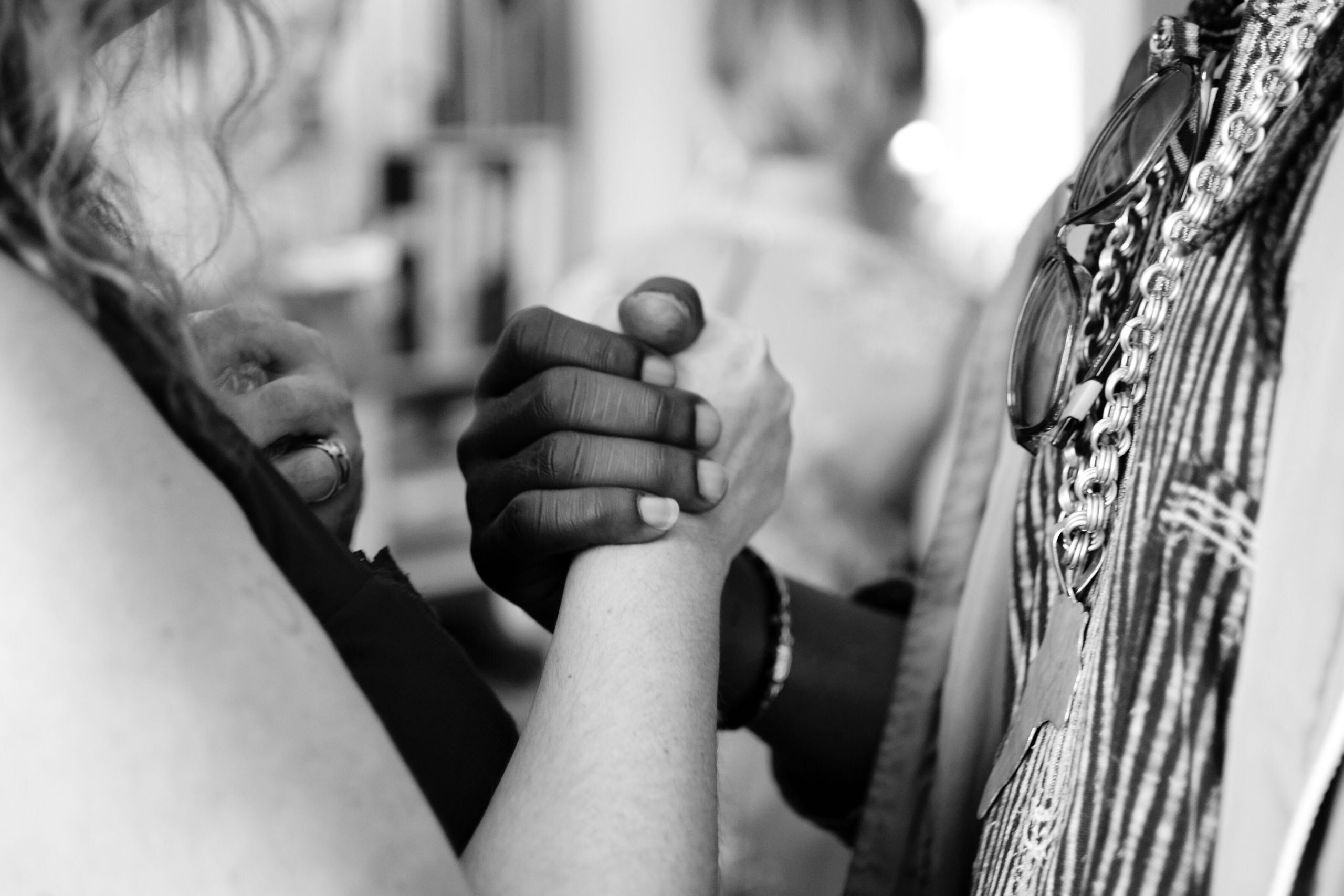By Lauren Thiesse
The acts of racism like the recent violence against unarmed Black people across our nation including George Floyd, Breonna Taylor, Ahmaud Arbery, and many others, are not a new occurrence. Black people have spoken out about these injustices for lifetimes. Many people who have just now realized this need for change have benefitted from the protection of white privilege, and like me, are being called to action.
While working for ImpactTulsa, a data-driven organization with a vision for all students to be guaranteed a high-quality education, I continue to learn more about the compounding inequities within our systems that affect students. I see the stark differences in educational opportunities, neighborhood resources, health disparities, and more that often impact communities of color. I continue to learn more about how my white privilege has shielded me from the reality of these differences sooner. However, after being awakened, I am called to action.
At ImpactTulsa, I coach leaders to change systems to support education and success for children from cradle to career. I push myself daily to reflect on the ways I can do more within my role to promote racial equity both on my own journey and in support of others. I often hear that our systems are broken, yet the more I learn, I believe they are designed to produce the outcomes that we see. These systems often protect white-dominant culture and create disparities, as seen in ImpactTulsa’s Community Impact Report. This has been my call to action to do better as a white ally to support BIPOC students and families, and to do that it starts with acknowledging where I have made mistakes in creating and perpetuating systems.
I am working on listening, stepping back, and developing a racial equity lens to challenge how I approach my leadership both professionally and personally. I am leaving perfectionism at the door and bringing with me humility and vulnerability. This work requires both an internal journey and an external commitment of showing up as an anti-racist.
I want to share some resources that have been helpful to me personally and within my work at ImpactTulsa to approach conversation and drive actions rooted in racial equity. I have found them helpful in my day-to-day work and constantly revisit them with my white coworkers. While this journey has just begun for me, I know that it will last a lifetime. I encourage you to explore the resources below and begin conversations with your organization, and within yourself, about your part in this work of achieving racial equity.
Do the internal work of understanding what your whiteness means and how it shows up in your leadership.
- Start with learning about your white privilege with “Unpacking the White Privilege Knapsack” and reading Robin DeAngelo’s “White Fragility.”
- Take a test to understand your implicit biases.
- Get together with other white people in your community or organization to understand your whiteness through an affinity group.
Understand that the work of dismantling racist systems is not solely the work of BIPOC. When you are in meetings or making decisions, ask these questions:
- Are we looking at the data disaggregated by race to understand the disparities that exist? What policies and systems created the racial disparities?
- Are the people who are impacted by this decision represented fairly and proportionately at the table?
- Does this decision demonstrate our commitment to racial equity?
- Who benefits from this decision? Who is burdened by this decision? (StriveTogether)
Create systems that put parents, students, and community members in an advisory and decision making role at your organization.
- Check out this resource to learn more about how to develop spaces that are safe for community members to participate, instead of bringing them into the structures that you have already created without them.
- Co-develop programs and interventions with people who have the lived-experience of the people you will be serving. Learn about elevating community authority to equip you to ask them what barriers they have faced accessing your programs and listen to them.
- Diversify your hiring pool and seek to build a talent pipeline that is reflective of the communities your organization serves.
Listen to the experience of your BIPOC staff and learn how to support them.
- Understand that your black employees and colleagues could be tired, scared, and stressed right now.
- Learn where these aspects of white supremacy work culture show up in your office and address them with your staff.
Work with your colleagues to develop your strategy for becoming an anti-racist organization. Racism is not eliminated through urgent action alone; it is something to which you must dedicate time and resources.
- Collect and use data to understand the racial disparities within your program or service.
- Silence on racial equity is complicity. Make a public statement on your commitment to racial equity.
- Do a racial equity assessment with your organization to identify areas for improvement
Together, our community can dismantle systems of oppression. Through collective impact and engagement of those most impacted by these systems, ImpactTulsa is committed to change. I encourage you to bravely step into this space. Share this blog post with your colleagues, schedule a meeting with team members to create dialogue, and do the inner work that is required to move our community forward. Please share in the comments below what action steps you are going to take to support racial equity in our community.

